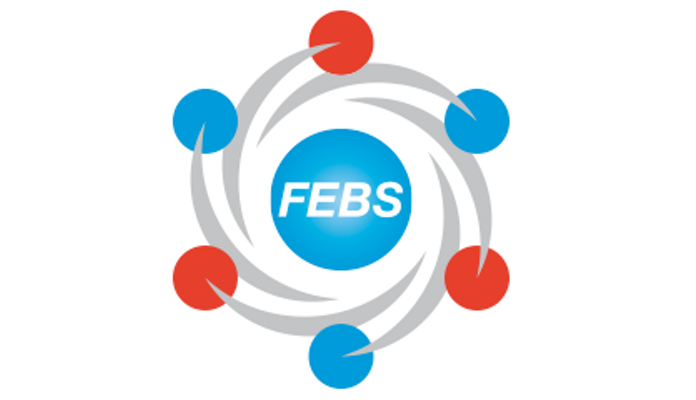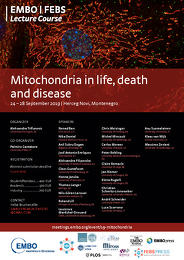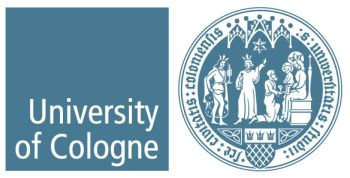About the EMBO-FEBS Lecture Course
Mitochondria are prominent in every textbook of biochemistry and cell biology. Classical view to mitochondria is that they are sausage-shape power plants of the cell, that possess their own DNA (mitochondrial DNA-mtDNA), which encodes essential subunits of the oxidative phosphorylation system and is maternally inherited. This unique feature of mitochondria is a reminiscence of the bacterial origin occurs two billion years ago through endosymbiotic event.
Although this textbook knowledge of mitochondria is very important, it does not give justice to the enormous progress and conceptual advances that have been made in the field of mitochondrial biology in the last decade. This results in a wealth of novel information regarding their basic function, but it also revealed many novel roles these organelles play in the context of cellular physiology in both unicellular and complex multicellular systems. Thus, mitochondria interact and communicate with other organelles. They are involved in complex metabolic networks mediating cell survival, apoptosis, redox control, calcium homeostasis and many metabolic and biosynthetic pathways.
This EMBO|FEBS lecture course will deal with a number of research areas that have a great impact on the understanding of mitochondrial biology general. It will be organized in five sessions that include:
1. Mitochondrial protein import and biogenesis
2. Organelle signaling and control of metabolism
3. Mitochondrial DNA maintenance and gene expression
4. Mitochondrial diseases and development of treatments
5. Mitochondrial dynamics and quality control
Young students and postdocs will have many opportunities to meet and discuss with established PIs in an informal context, during ‘meet the PI’ sessions, informal round table discussions and poster presentations.
Download the program here.
About EMBO Courses and Workshops
EMBO Courses and Workshops are selected for their excellent scientific quality and timelines, provision of good networking activities for all participants and speaker gender diversity (at least 40% of speakers must be from the underrepresented gender).
Organisers are encouraged to implement measures to make the meeting environmentally more sustainable.
About FEBS and the FEBS Advanced Courses programme
As a grass-roots organization FEBS provides a voice to a large part of the academic research and teaching community in Europe and beyond. The FEBS Advanced Courses programme provides grants to expert scientists to organize courses that bring together researchers working in a similar research area, for training, updates, and networking. FEBS collaborates with EMBO, and other organizations, to co-fund some of these courses. You can learn more about FEBS here.













